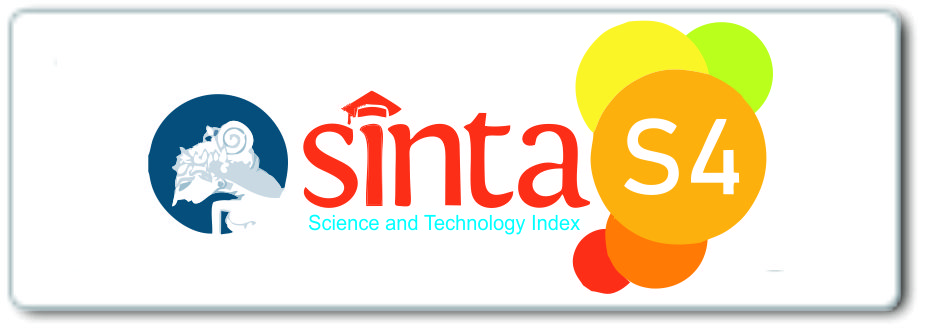Unreadiness in the Student-Centered English Language Learning Context in the Age of Online Learning
DOI:
https://doi.org/10.30587/jetlal.v8i2.6242Keywords:
online learning, student centred, education, readiness, online platformAbstract
As online learning gains prominence, exploring the challenges and implications of student-centered English language learning in a digital context becomes crucial. This study investigates the experiences of Indonesian students engaging in student-centered English language learning through online platforms. The research aims to identify challenges, assess their impact on language proficiency and learning experiences, propose methods to enhance digital literacy and understand the relationship between digital literacy and readiness for student-centered online learning. The study reveals students' challenges in online student-centered English language learning. These challenges encompass technical issues, limitations in face-to-face interaction, time management constraints, the absence of personalized attention, digital literacy hurdles, and language barriers. Regarding the Digital Literacy challenge, the mean score is 2.73, similar to technical issues, and exhibits a relatively low standard deviation of 0.95. the Limited Personalized Attention challenge yields a mean score of 2.66 and a standard deviation of 1.01, indicating moderate severity and a diversity of perspectives. These challenges encompass technical difficulties, limited digital literacy, and difficulties maintaining self-discipline and motivation. The impacts of these challenges include hindered language proficiency development and diminished overall learning experiences. Better academic performance and overall learning accomplishments were shown to be significantly predicted by active engagement and digital literacy improvement (Beta = 0.432, p 0.001). Effective methods to enhance digital literacy emerge, including tailored online tutorials and interactive learning modules. By unraveling the intricacies of online language learning in a student-centered context, this research contributes to the ongoing dialogue surrounding effective pedagogical strategies in the age of digital education.




.png)




